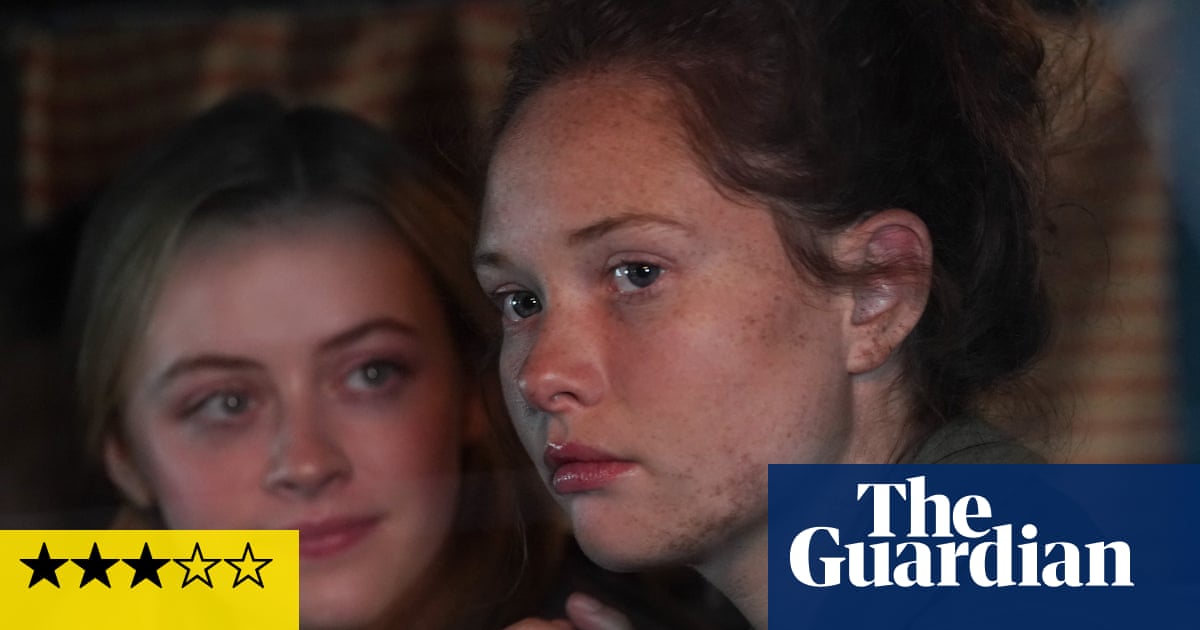
"Forget Dad's signature childlike wonder; the youngsters in this post-apocalyptic outing ostracised because minors are asymptomatic carriers of a plague that turns adults into cannibals are completely feral, opportunistic and worryingly keen to kill. Spielberg's film is a surprisingly nihilistic, if uneven, splicing of 21st-century young-adult and 1970s exploitation flicks. After making a break for the border, roving juvenile Mary (Zoe Colletti)"
"So the youngster is installed in a flowery bedroom and forced to placate her captor like in Misery, and so the film enters into interestingly queasy gothic-fairytale terrain. But Spielberg balances it uneasily with the pure horror taking place upstairs, not quite satisfactorily constructing one or the other. As the group is shunted off one-by-one to a cold shower and an unspeakable fate in an adjacent room, the wan characterisation means the tension only intermittently smoulders."
After a pandemic leaves children asymptomatic carriers while adults become cannibals, feral orphan Mary joins a band of roving youngsters who take refuge in an isolated house. The homeowner, Clara, is a plummy, sardonic Brit who stitches a wounded leader and then imprisons the group in her attic, offering cookies that should never be eaten. Mary is spared sequestration and installed as a replacement for Clara's deceased daughter, yielding Misery-like gothic-fairytale beats. The film mixes nihilistic young-adult and 1970s exploitation tones but suffers from weak characterisation, uneven tonal balance, intermittent tension, and frequent storytelling shortcuts.
Read at www.theguardian.com
Unable to calculate read time
Collection
[
|
...
]